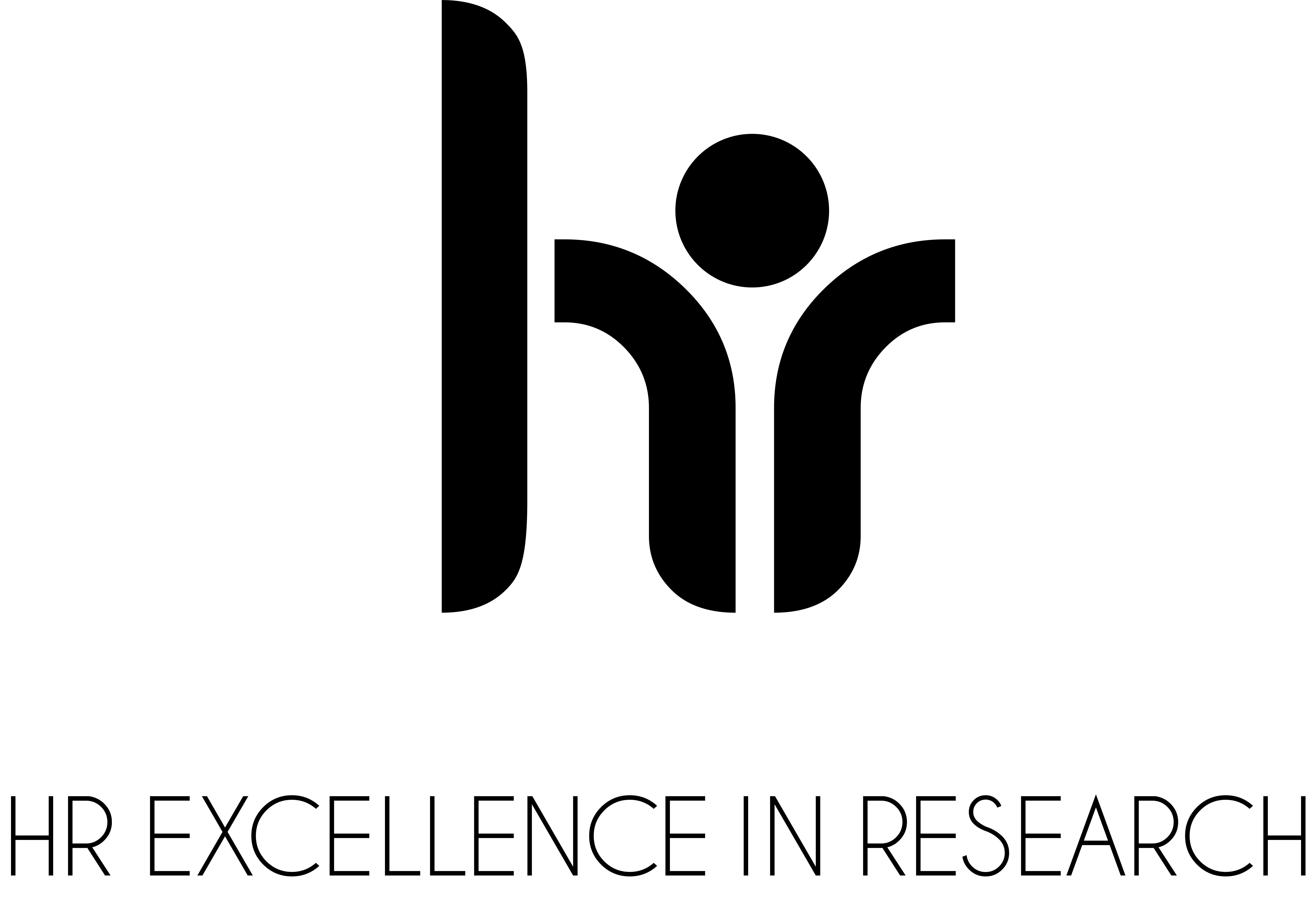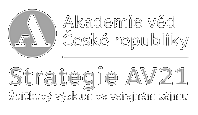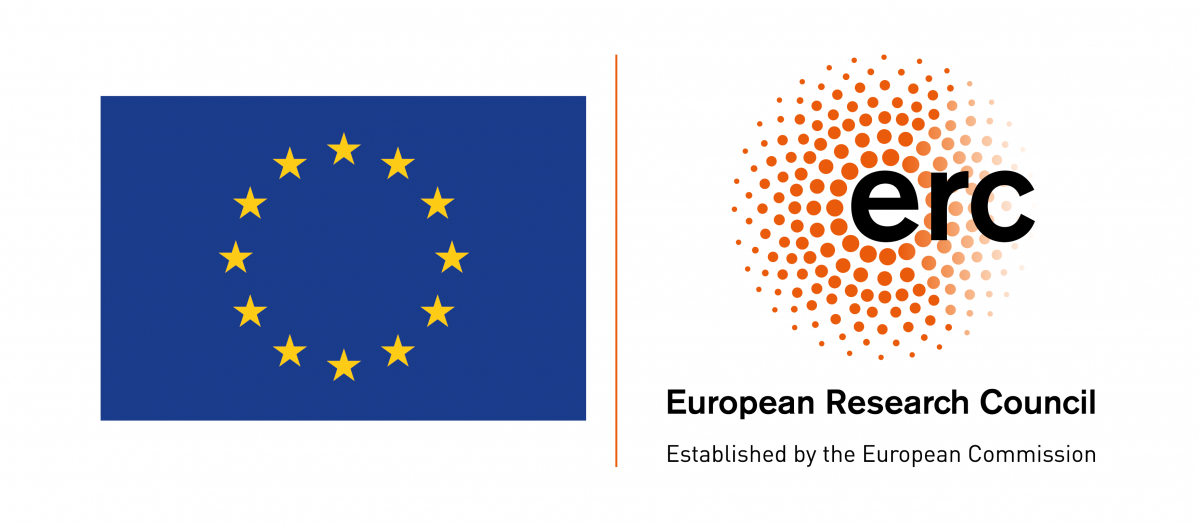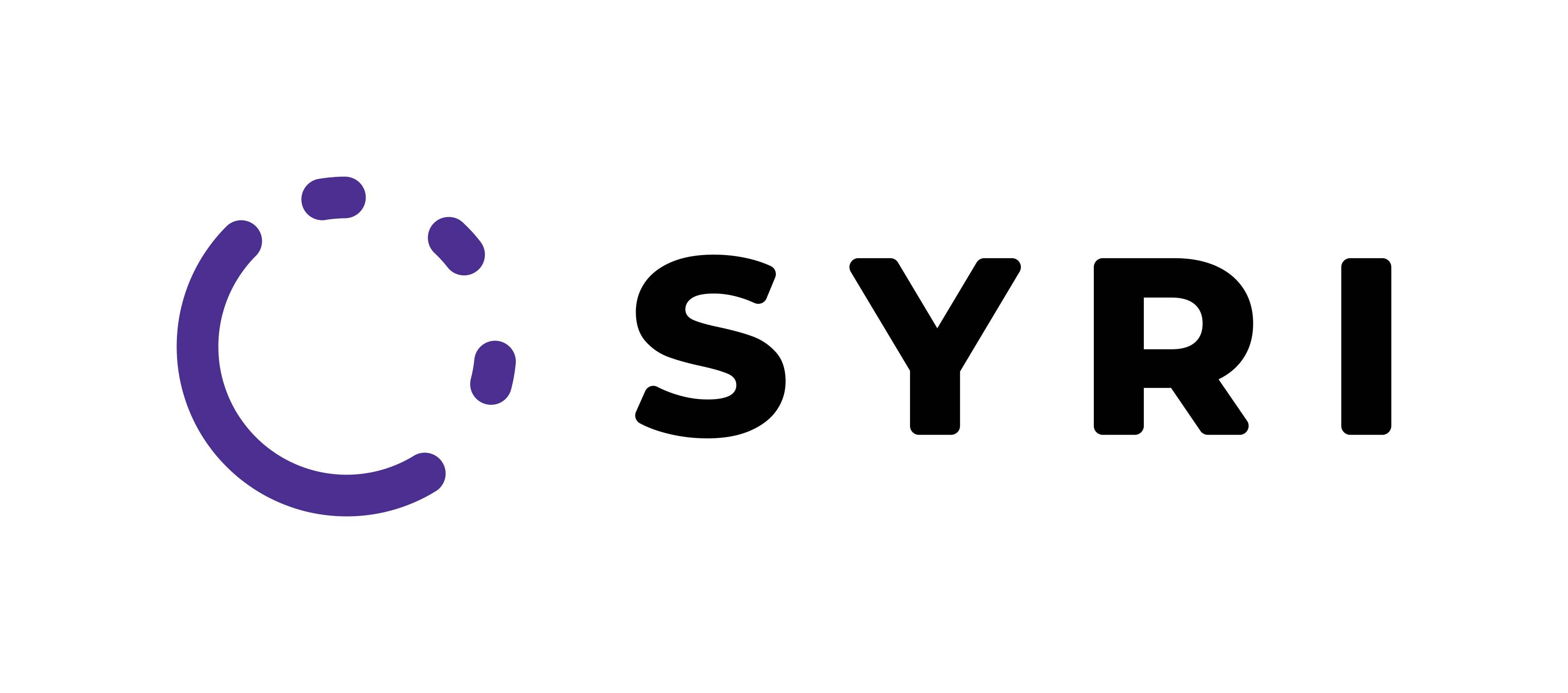Program
Program ke stažení ZDE.
Abstrakt
Rhetoric and Genres of Learned Communication in Early Modern Central Europe: From Humanist Correspondence to Scholarly Journal
The workshop intends to follow the tradition of international conferences exploring early modern republic of letters which have been organized by the Institute of Philosophy of the CAS in the past decade. Its main goal is to cast fresh light on learned communication in Central Europe in the period from the 1550s to 1700 and to discuss how this was related to intellectual life in other European regions.
As the very title suggests, the workshop aims at exploring the media, genres and rhetoric of scholarly communication and how they changed in the period concerned. Which media and languages did Central European scholars prefer to use on everyday basis? How did media shape the communication practice and topics? How did early modern scholars shape the style in their letter exchanges, polemics and debates in order to achieve their goals? How did they modify their vocabulary and the very content of the texts when they decided to print their correspondence or reuse it in other genres and publications, such as contributions to scholarly journals? To what extent were rhetorical strategies widely shared among (Central) European scholars? Did these practices become a part of the period´s scholarly self-fashioning?
The workshop wants to focus further on early modern institutions in the broad sense, such as universities, learned societies, religious and civic communities, and how they influenced the ways in which early modern scholars communicated with each other and with other social actors. Therefore, comparative or microhistorical contributions exploring individual agency of scholars towards patrons, printers, family members and other people are highly welcome.
Special attention will be paid to the multilingualism of early modern learned communication that seems to be characteristic of Central European regions. Which language was regarded as "appropriate" for which communication situations and when were early modern scholars expected to combine languages and language varieties? Which was the social and literary function of such a code-switching?






